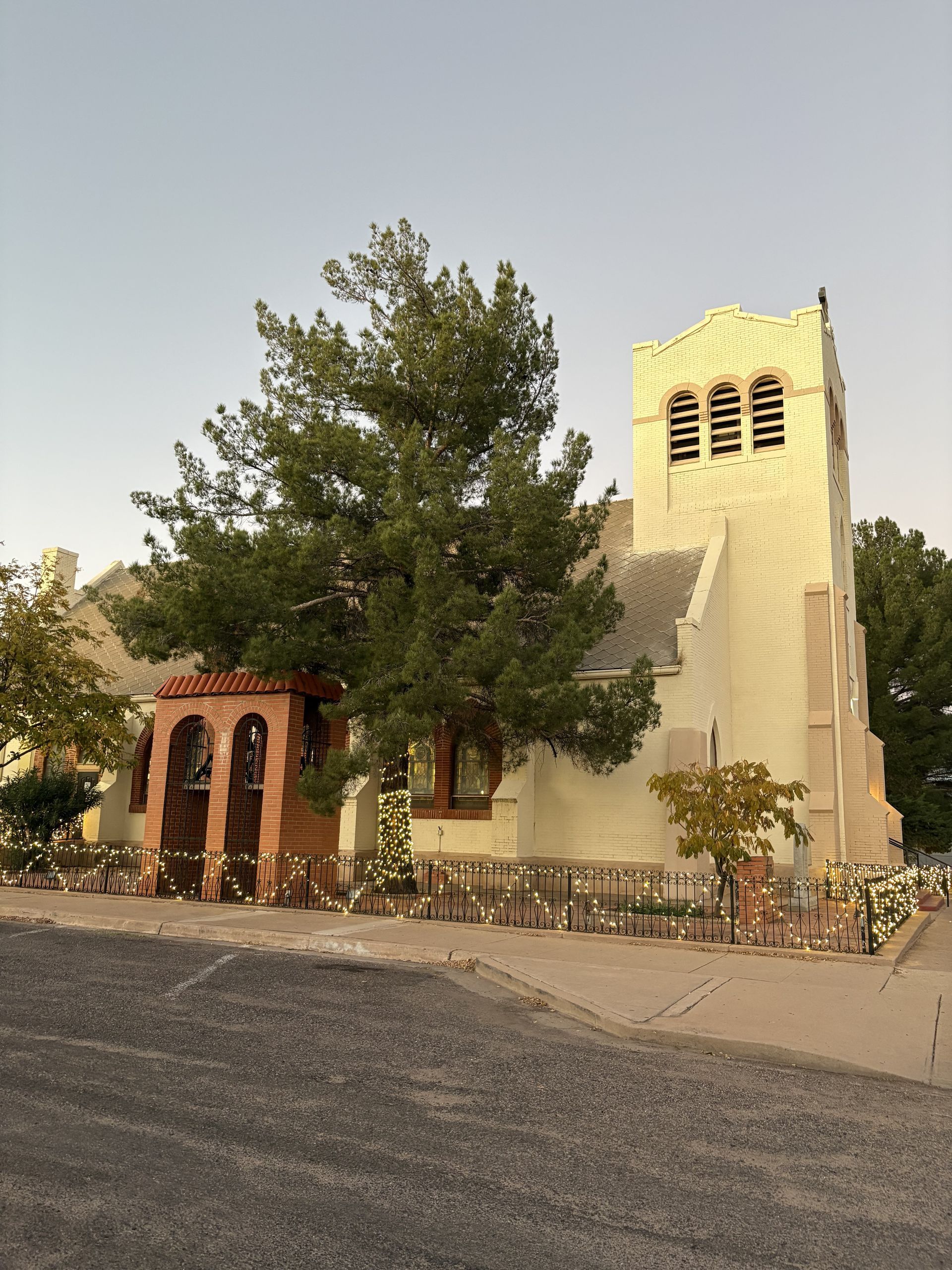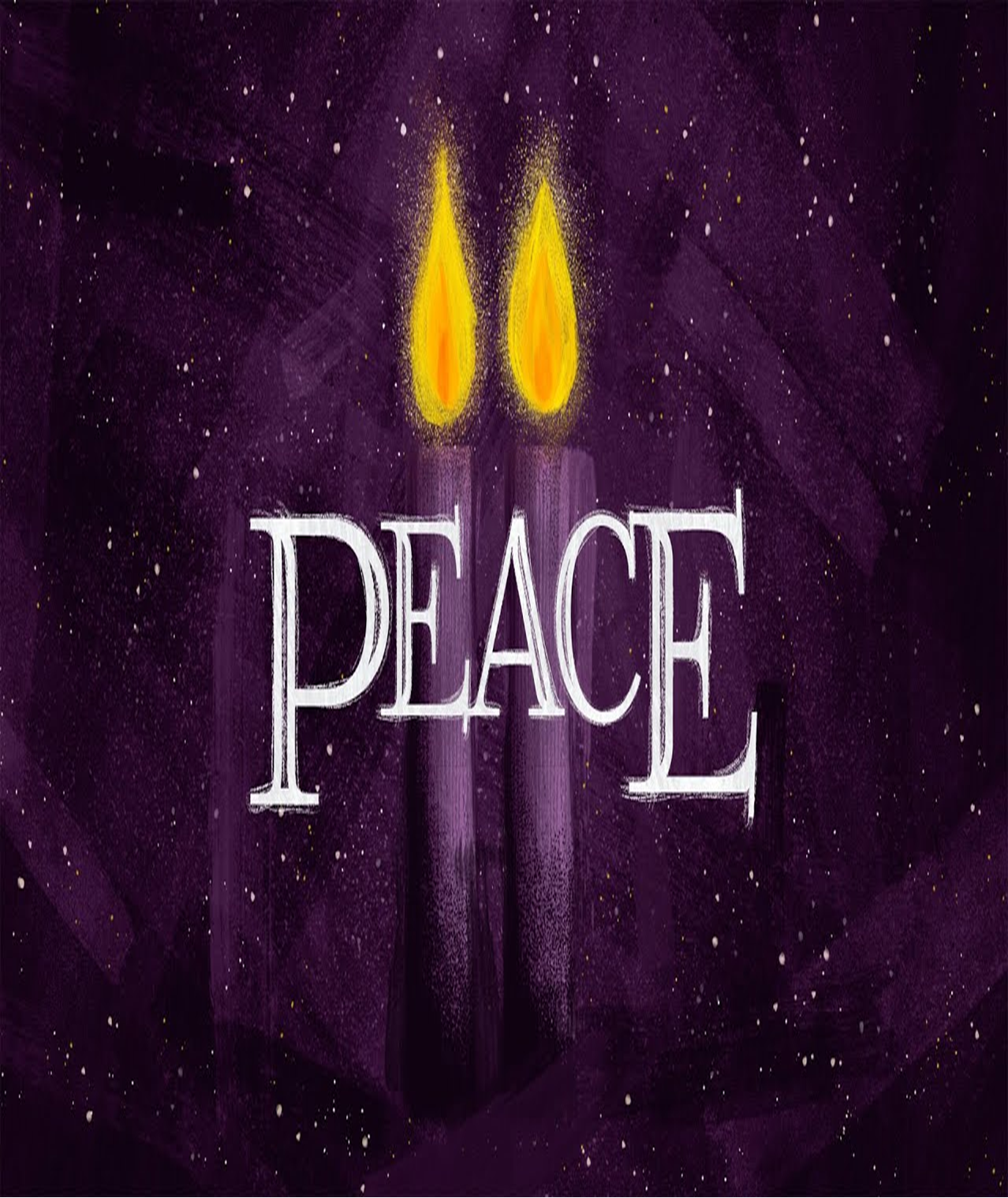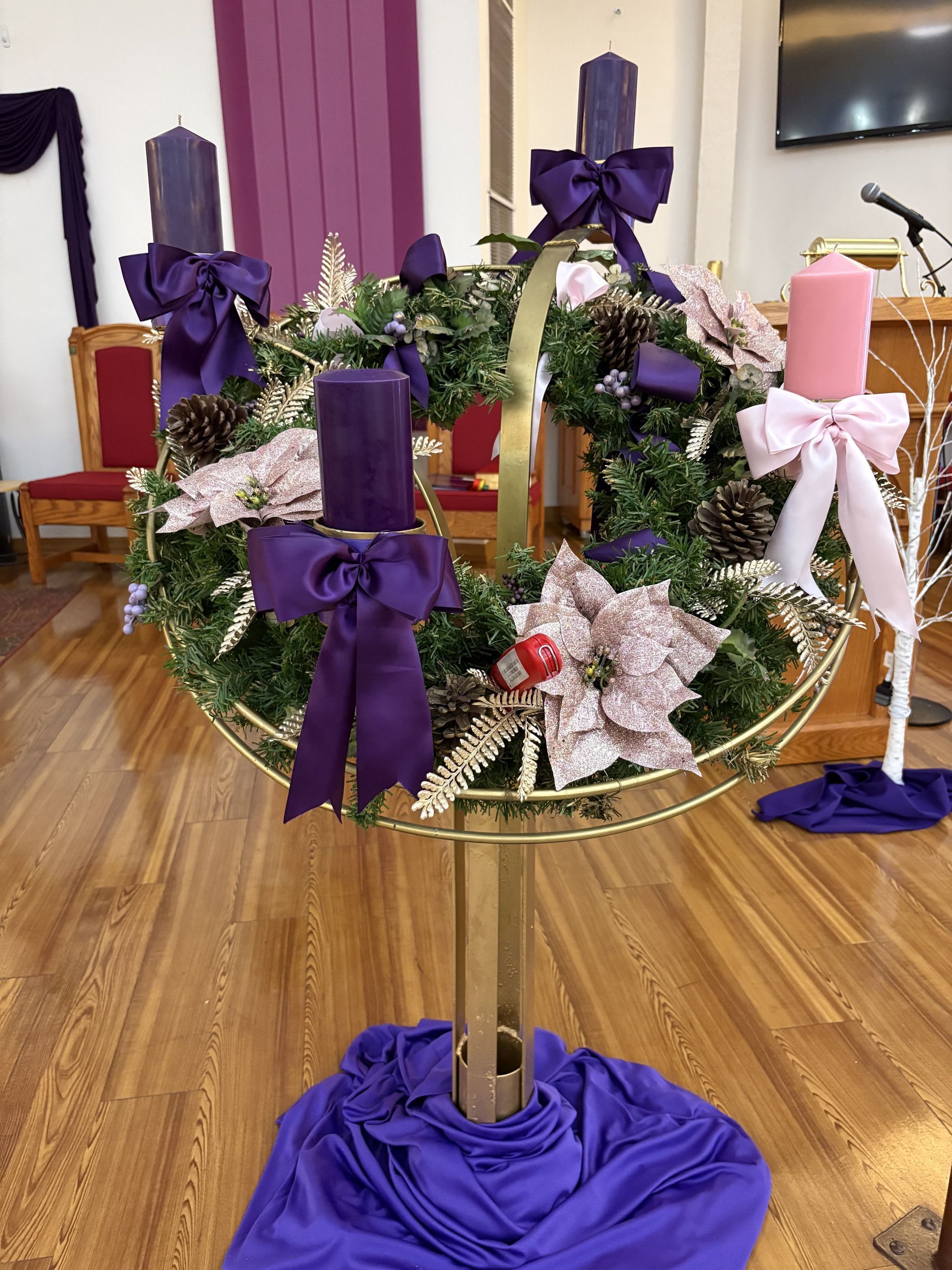The parable of the Dishonest Steward, a man of questionable character, is a story of an estate manager charged of squandering his master’s property. He mismanaged the possessions of his master. He was accused of dispersing not his own funds but that of his master. He should have been fired on-the-spot when his boss became aware of his misdemeanor. Instead, before he was released, he was asked to provide an account of his stewardship. Strange as it may seem he was not fined. In a contract such as this, while the owner had the lion's share of the business, the rogue manager, by law, had a commission, as signed by the parties involved and recorded in the document. After his dismissal, realizing it would almost be impossible to support himself, much less feed a family in a seemingly tough economy, he was shrewdly tempted to do something solely for his own interest.
Out for personal gain, he falsified the entries in the books by asking the debtors to agree on reducing the amount owed to lower the payments, before the terrible news of his termination broke out. At the time of reckoning, dramatically shocked at the entire proceedings, the Master appreciated and commended him for a job well done. His master praised him for his cleverness by practically coming up with a clever solution to the crisis he created. This entirely blew my mind in a sigh of amazing disbelief. Pitched superbly, I’m at a loss. For the life of me, I can’t figure out what has he done to earn the praise of the beleaguered boss. Apparently, Jesus commended him not because of his dishonesty but for his foresight. And so, we will be judged not so much of our wrongdoing but how we bounce back. Just like the dishonest steward, we have all been entrusted with the spiritual and religious treasures of the kingdom and our sacred role is to bring our clients/customers and the other employees of the master/landlord to the kingdom God set before us.
This baffling text which raises questions more than answers, is a call to reclaim the sense of Christian identity. To those whose beliefs are muddled up in a vast sea of secularity, this passage is a huge silver lining. Lured by modernity's pressing demands for wealth and self-aggrandizement, where truth is but a matter of opinion, the story provides a second chance opportunity to renew the- once cloudy vision. God understands that as we overtly blend into society as loyal citizens, it's possible that somewhere along the way, our deeply held religious beliefs will be lost.
Back when I was still younger with very limited knowledge about the Church's internal/financial affairs, it shook me up every time a priest pounded the pulpit with money matters since I was clearly convinced that things of this nature should have had no place in the altar of God, let alone in the place where the sacred word, the soul of Theology, was proclaimed. But now, this daunting task of budgeting, learning to read the books and cutting expenditures is undeniably one of the biggest causes of my headache. What priests in the past talked about wasn't simply money per se but the notion of Stewardship, in its broadest sense, which in Catholic circles, was rarely used as it wasn't vividly expressed and well articulated in the pulpit in years past. In fact, in a study conducted two decades ago, of all the denominations, Catholic ratings/reviews on the financial support of local churches have been embarrassingly low. Stewardship springs from the foundational belief that we are merely managing the resources of the eternal boss meant to be utilized for God's glory and the church's mission. To claim absolute ownership on our time, talent and treasure for our own fulfillment and enjoyment and the utter refusal to act responsibly to others' needs is a huge failure in the understanding of who we are as people of God.
Our parish communities rely for the most part on free will offering, out of pocket contributions and fund raising as well. I completely understand that many of us are in financial straits. Due to unemployment, a lot of families are barely making it. My heart melts for those who have lost jobs, homes, loved ones and still, struggling to recover and survive. I'd like to thank the parishioners for the sacrificial gift in the offering plate every Sunday (regardless of the amount), for the charitable donations some have made and pledged over a period of time, for the countless hours spent on voluntary services (fund raising and the upkeep of the whole physical plant, etc) and for the sharing of exceptional talents to the wider community. This is the blueprint for a thriving Catholic parish. It might decrease our TV and shopping time and take a small percentage from our limited resources, I guarantee, though, that the measure of happiness and the experience of doing something meaningful is, by far, unsurpassed. Amen.



